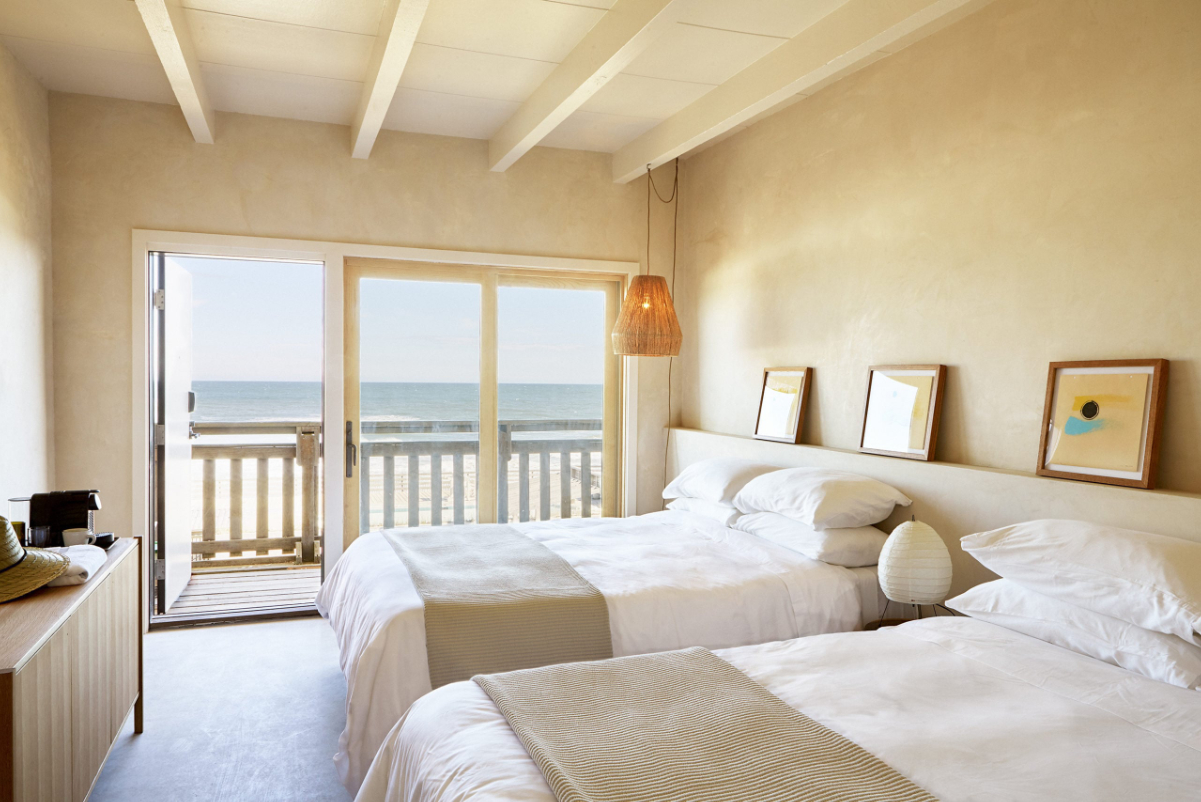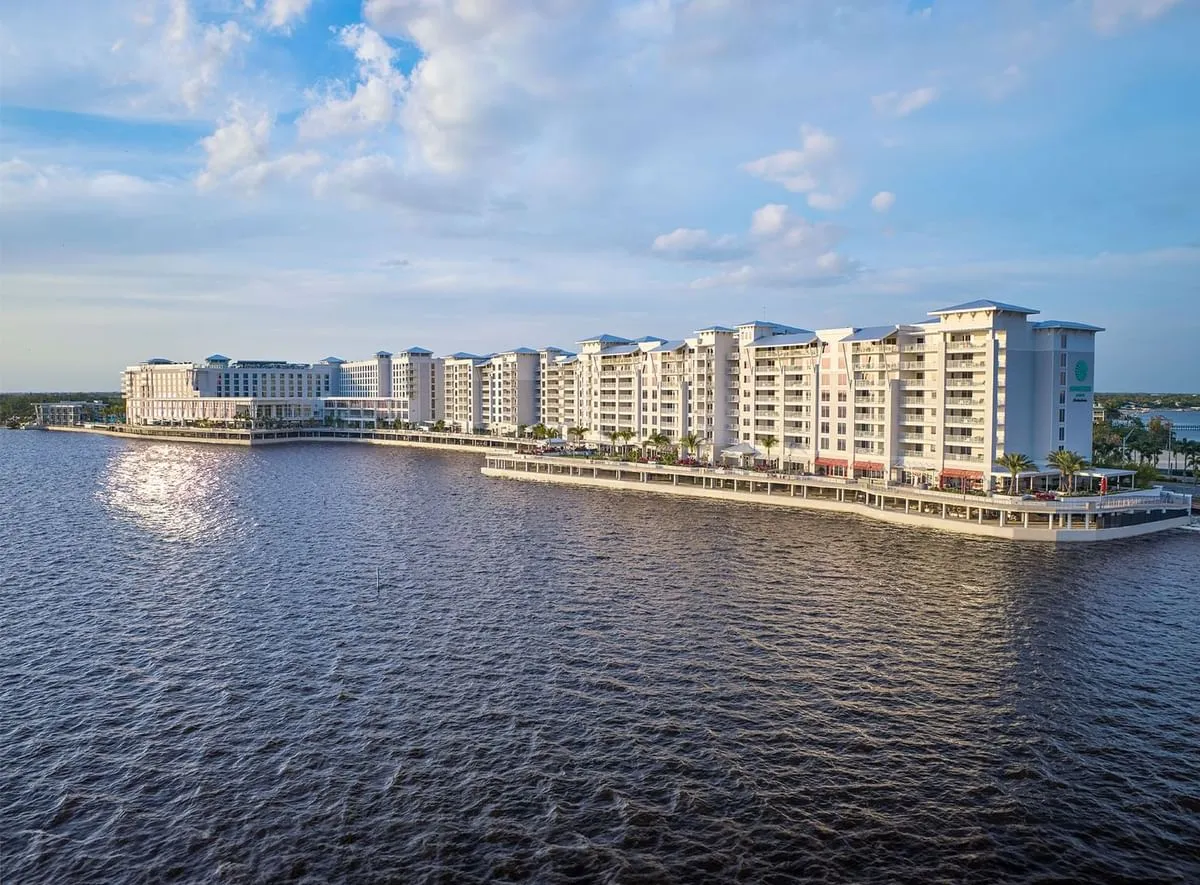Investor Bullishness in Boutique Hotels Comes With Caveats

Skift Take
Boutique hotels remain a relatively preferred asset for investors in real estate. But in the past few months, it's become tougher to close deals, and some types of projects are winning more favor than others.
"For boutique hotels, we're really positive about the outlook," said Amanda Hite, president of hotel data tracker STR, when speaking on Wednesday at the Boutique Hotel Investment Conference by BLLA in New York.
Many boutique hotels have seen their profitability surpass 2019 levels. In April, U.S. boutique hotels had an average gross operating profit per available room of about $113 — or 19 percent above the level of April 2019, according to STR data.
"Even if there's a recession, you have business travel coming back and layering into boutique hotel performance," Hite said. "You also have a recovery of international travel. Both will support the segment."
Hite also dismissed worries that rising gas prices would chill demand.
"We have more than 30 years of data showing no correlation between rises in gas prices and demand for hotels," Hite said.
Inflation Becomes a Drag
Yet while the broad tailwinds for boutique hotels remain bullish, the positivity isn't spread evenly.
Rising construction costs have caused hiccups.
"For 26 years, I've been underwriting hotels in front of investment committees, and no one has ever asked, 'What's your inflation assumption on your expenses?'" said Clark Hanrattie, a partner at HEI Hotels & Resorts. "Now that's the first or second question."
Inflation uncertainties are adding friction to construction financing.
A case in point: Cedar Capital Partners, which has invested in hotels that collectively have nearly 2,000 rooms in the U.S. and Europe, had recently spent 10 months pursuing a condo-hotel development in Miami Beach's South Beach neighborhood. In February, it was ready to begin the final renovation work. But then bids for the work came in from contractors much higher than forecasted.
"We decided to hit 'pause' on the project," said Ben Leahy, a partner at Cedar Capital, while speaking at the event. "It was a tough decision to hit pause because the fundamentals of Miami have so massively outperformed other markets."
Leahy's team is betting that a cooldown in the U.S. economy will help bring construction prices down by roughly 10 percent, or a similarly more acceptable level, by the fall or year-end.
The super-hot market for hotel construction may cool off as lenders worry about a potential economic slowdown crimping their performance.
"Some lenders are still brokering construction debt, but it feels like the pricing has gotten wider, and they generally tend to be fairly selective," said Adam Maisel, principal at Ramsfield Hospitality, specialists in hotel financing.
In the last two months, it has become a more challenging credit environment for hotel acquisitions and refinancing, said a few panelists at the conference. The change hasn't been a stumbling block for experienced players, but it has caused delays.
In recent weeks, Apollo Global Management faced a lender balking at financing terms for a hotel deal, said Apollo partner Jason Ourman. The lender had concerns despite Apollo having the expertise learned from having invested billions in hotels over the years and having the support of financial titan Brookfield.
In some cases, unusual trends in demand are putting investors and hotel developers at odds with each other.
"The cycle has been so tilted toward leisure demand growth that you have some developers saying we should get rid of meeting space for good," said Robin Kennedy, executive vice president, and chief development officer, at Montage International.
"But what if business travel fully rebounds?" asked Kennedy. "You need to make your real-estate decisions based on long-term term trends."
Hunting for Bargains
Some investors are hunting for bargains because of the market turmoil.
One opportunity is the handful of urban hotels that are dropping the flags of global brands and going independent, Clark said.
Franchise contracts typically have a provision limiting damages for termination if a hotel's revenues drop below a certain multiple of franchise fees. The pandemic cratered revenues for many hotels, enabling them to break their franchising contracts for what is effectively a lower kill fee than would be customary otherwise. In some cases, a property may become more attractive to some investors as a free agent.
In Europe, some families have held hotels for generations but are now facing financial difficulties. For these hotel owners, patience is running out for full recoveries in profitability.
"It presents a once-in-a-generation opportunity for investors to get ahold of these properties at relative discounts," said Eric Jafari, chief development officer at hotel developer Edyn.
More broadly, some boutique hotels may benefit from the recent market disruptions. A slowdown in financing that reduces the pipelines for development or conversion could lead to less competition in 2023, helping to support the pricing power of already existing boutique hotels.
"Supply has a massive impact on hotel performance," said Adam Maisel, principal at Ramsfield Hospitality. "A slowdown in the pipeline would be beneficial. That's Econ 101."





